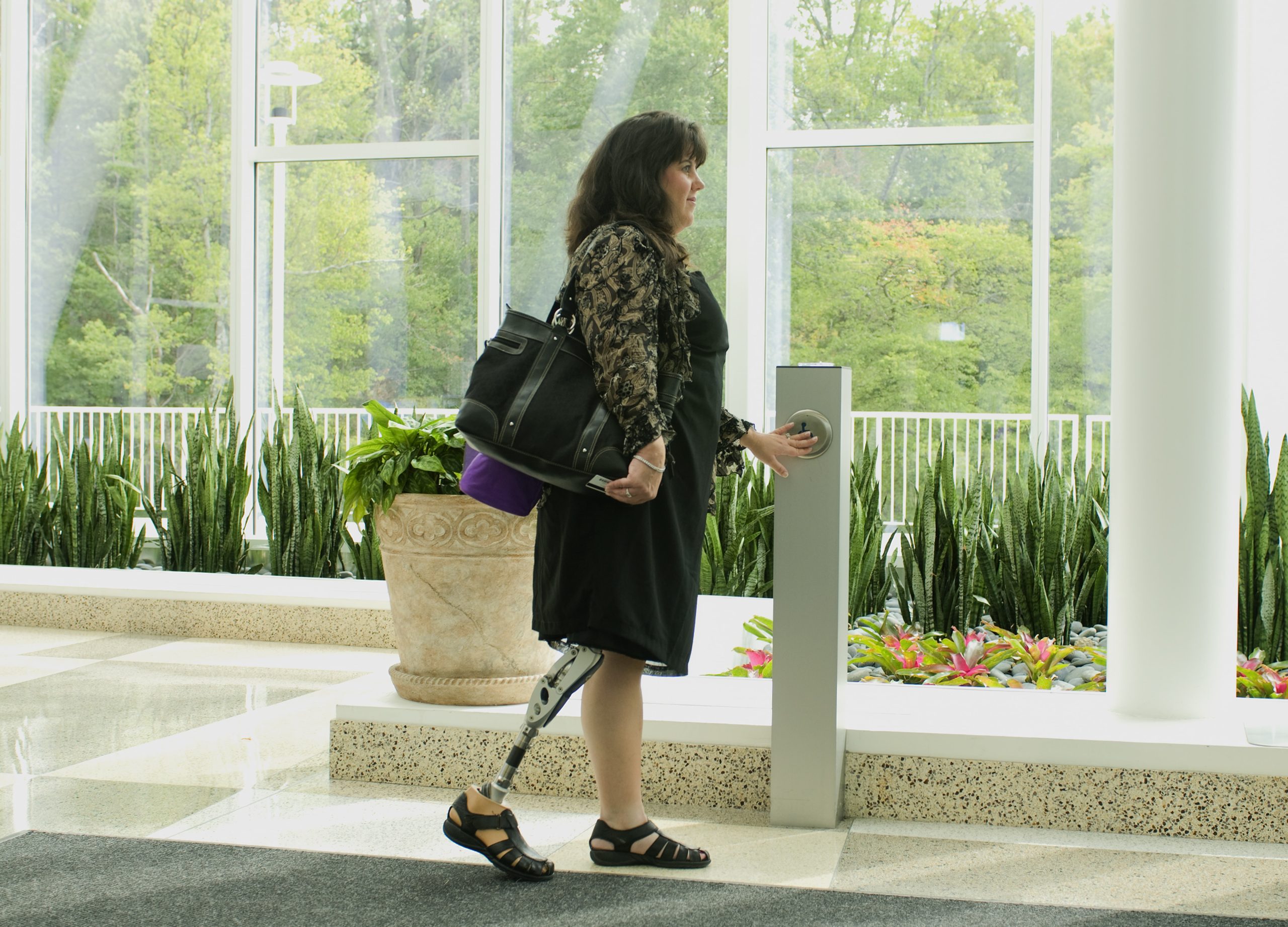July is Disability Pride Month, a time to celebrate disabled people, affirm their inherent dignity and rights, promote their visibility, and recognise their achievements.
The United Reformed Church Disability Awareness Task Group would like to celebrate Disability Pride by listening to and amplifying the views of disabled people across the denomination.
If you are a disabled person, involved with the URC, and would like to take part, please email us at [email protected] with your answer to the question:
“What is one thing that you would like people to know about disability?”
Disability Pride Month began in America. The celebration coincided with the Americans Disability Act (ADA), a civil rights law which prohibits discrimination against disabled people. The Act was signed in July 1990. Celebrations started as one day but since 2015, marking the ADA’s 25th anniversary, the entire month has become an annual event worldwide.
The awareness month, is a way of celebrating diversity and difference among the disabled community and highlighting ways to better understand and support friends and colleagues in our workplaces.
Although disability pride can mean different things to different people, for many people this month is a way of shining a spotlight on the barriers and discrimination disabled people face.

You can show your support for diversity by displaying the Disability Pride Flag, originally created by Ann Magill, a disabled woman. The flag is symbolic of many experiences of the disabled community:
- the black background represents mourning for disabled people who have been subjected to ableist violence, as well as representing protest in the community
- the five colours are the variety of needs and experiences across the range of disabilities
- the band of parallel stripes represent the barriers disabled people must overcome.
The URC Disability Awareness Task Group is a group of disabled and able-bodied people from across the United Reformed Church, who are creating a training course on disability awareness for church, for the URC Learning Hub.
The plan is to create a series of social media posts with the answers disabled people contribute. Each post will have an image of one person’s answer, with a short post giving further explanation or context to the answer, and an illustrative image. For example, an infographic or short cartoon on the topic. We will work with each person to make sure that the overall post reflects the answer that they give and that they are happy with it.
Contributions can be emailed to [email protected].

